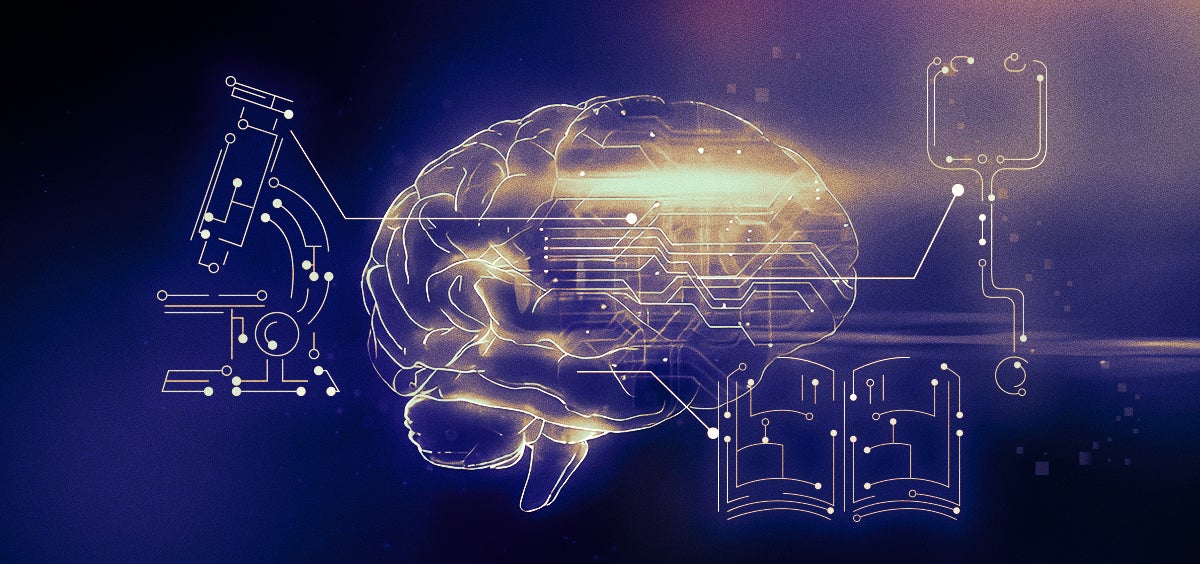Bill Gates | A New Era of AI - The Second Revolutionary Moment Has Arrived
Bill Gates' trip to China is still ongoing, and this is his 18th trip to China. Microsoft, founded by him, invested over $10 billion in OpenAI, sparking a global AIGC frenzy, and big models in China are also blooming everywhere. Gates admitted that he is witnessing the second revolutionary moment in his life, and in March of this year, he published a blog post called The Age of AI has Begun. He believes that the revolutionary innovation of artificial intelligence is the same as that of personal computers, the Internet and mobile phones. It will change the way people work, study, travel, receive medical care, and communicate, and even reduce some of the world's most serious inequalities. In my lifetime, I have seen two revolutionary demos.
The first time I was exposed to graphical user interfaces was in 1980- the precursor to every modern operating system, including Windows. The presenter's name is Charles Simonyi, a talented programmer. We sat together and brainstormed, thinking that we could do everything in this friendly way. Charles eventually joined Microsoft, Windows has also become a pillar of Microsoft, and the thinking at that time determined the company's agenda for the next 15 years. The second big surprise came from last year. I have been meeting with the OpenAI team since 2016 and have been impressed by their steady progress. In mid-2022, I was very excited about their work and decided to give them a challenge: training an artificial intelligence to pass the advanced placement biology exam. Enable it to answer questions that have not been specifically trained. I chose the AP Biology course because this exam is not just a simple repetition of scientific facts, it requires you to think critically about biology. I said, if you can do this, then you have made a real breakthrough. I thought this challenge would keep them busy for two to three years, but they completed it within a few months. In September last year, when I met with them again, I was surprised to see them present 60 multiple-choice questions for the AP Biology exam to the GPT, which answered 59 correctly. Then, it wrote excellent answers to the six open-ended questions in the exam. We asked an external expert to rate it, GPT scored 5 points - the highest score, equivalent to an A or A+in a biology course at the university level. After passing the exam, we asked it a non scientific question: "What would you say to the father of a sick child?" It wrote a thoughtful answer that may be better than most of us here. The entire experience was shocking.
I know what I just saw was the most important technological advancement since the graphical user interface. This inspired me to think about all the things that AI can achieve in the next five to ten years.
The development of AI is as important as the invention of microprocessor, personal computer, Internet and mobile phone. It will change the way people work, study, travel, receive medical treatment, and communicate. The entire industry will reposition around it. Enterprises will maintain their uniqueness through AI technology.
Nowadays, charity is my full-time job, and I have been thinking about not only helping people improve productivity, but also, How can AI reduce some of the world's most serious inequalities.
Health is the most serious global inequality: 5 million children under the age of 5 die each year. Although this number has decreased from 10 million 20 years ago, it is still a shocking number. Almost all of these children were born in impoverished countries and died from preventable diseases such as diarrhea or malaria. In response to this situation, using AI to save children's lives can be said to be the best. I have been thinking about how AI can reduce some of the most serious inequalities in the world.
Copyright©2025 Shenzhen Xinhuisheng Electronics Co., Ltd Add:Rm 202A, Nanguang Building, Huafu Road, Huaqiangbei Street, Futian District, Shenzhen.